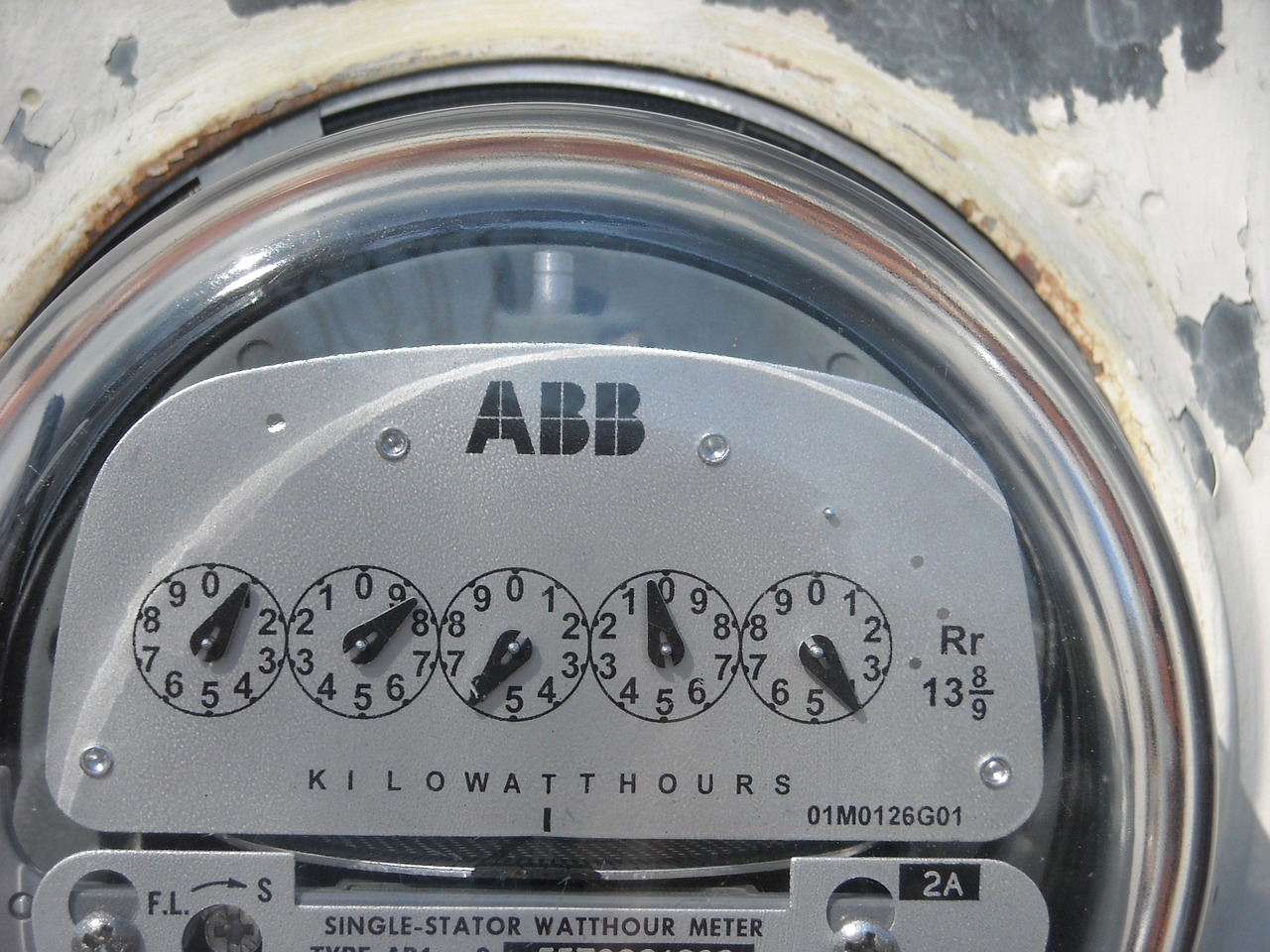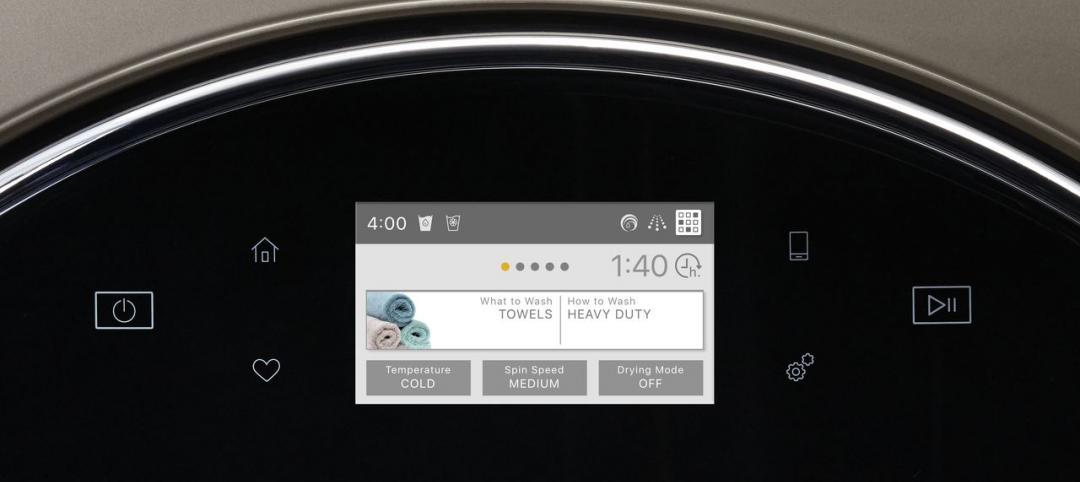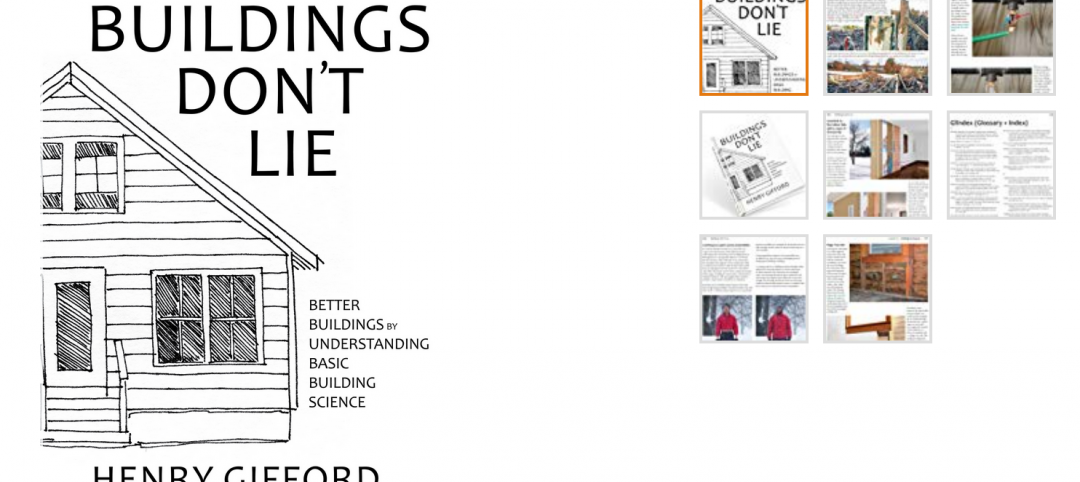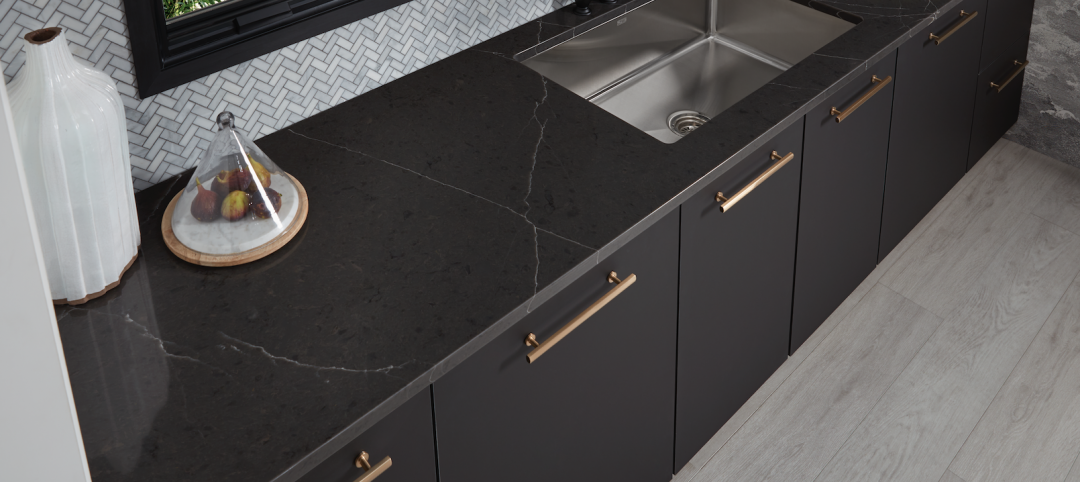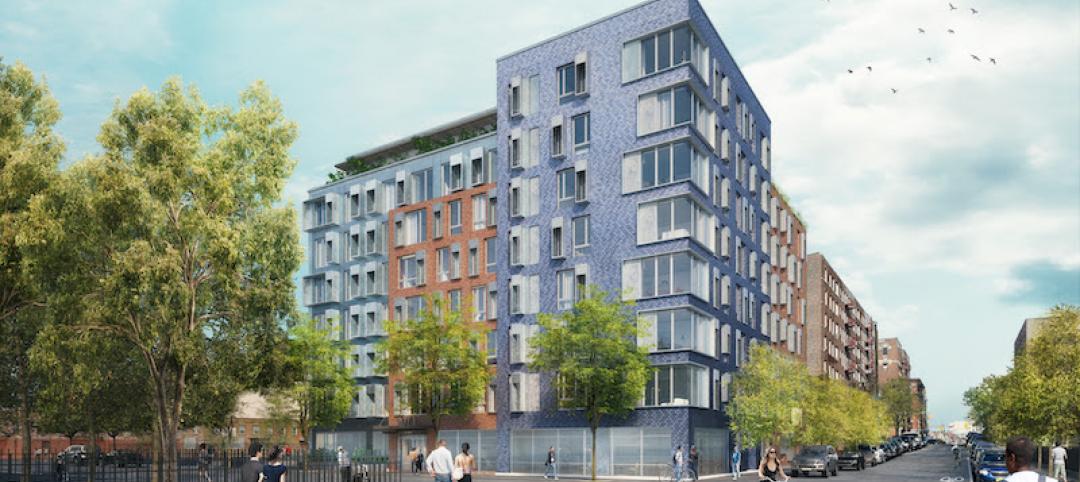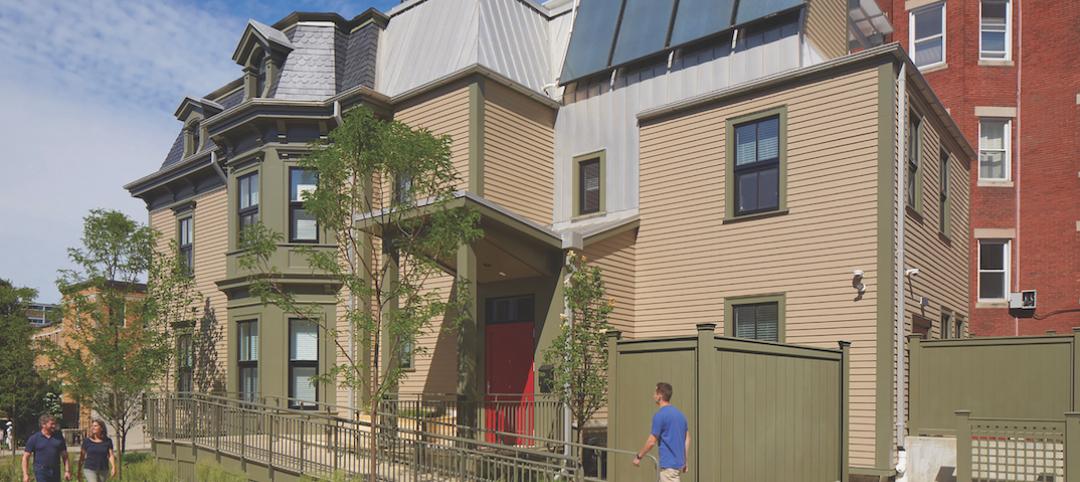Starting in 2024, the electric bills of most Californians could be based not only on how much power they use, but also on how much money they make. Those who have higher incomes would pay more; those with lower incomes would see their electric bills decline.
A law passed last year in California requires state utility regulators to devise a plan for charging customers income-based fixed fees as part of their electric bills by July 2024. If California goes ahead with this plan, it would be the first state to enact such a change.
The income-based billing concept has provoked strong debate as advocates and opponents argue over whether such a measure would encourage or discourage adoption of sustainable technologies such as solar panels backed with battery systems, electric vehicles, and heat pumps. Opponents include supporters of green technology who fear such a change would discourage customers from investing in new technology to reduce their electricity usage, according to a report in Grist. They say higher costs spur more people to use electricity more efficiently.
Supporters of income-based electric bills say just the opposite: reducing utility costs for lower income individuals could actually encourage them to use the savings from lower bills to install heat pumps and buy EVs.
A key point in the debate revolves around cost related to things that are not linked to usage such as burying electric supply lines to reduce wildfires. Such expenditures are passed on to all customers regardless of the amount of power they consume.
Both sides can agree on one thing: customers are already fed up with rates that have been rising at three times the rate of inflation in recent years. And, escalating electric bills are almost a certainty in the foreseeable future.
Related Stories
| Aug 9, 2019
Whirlpool Debuts Smart All-In-One Washer and Dryer
Whirlpool washer and dryer in one machine can provide laundering solutions in apartments with limited space.
| Aug 9, 2019
'Buildings Don't Lie': A building science reference book worth your time and money
Review of "Buildings Don't Lie," by engineer Henry Gifford.
| Aug 8, 2019
Wilsonart Engineered Surfaces to acquire Czech firm Technistone
U.S. manufacturer Wilsonart, maker of High Pressure Laminate, Quartz, Solid Surface, Coordinated TFL and Edgebanding products, moves to acquire Technistone.
Multifamily Housing | Aug 7, 2019
New start, new life, new friends: Student residence life in the age of Instagram
When it comes to the design and space planning of your residence life program, the quality of the space you create will be reflected in the social media feeds of your students.
Multifamily Housing | Aug 6, 2019
Using P3s to create affordable housing, public services
How the city of Chicago and nonprofit groups partnered to build three libraries plus affordable housing in underserved neighborhoods.
Multifamily Housing | Aug 3, 2019
A plant—or at least its image—grows in Brooklyn
A 90-foot mural overlooks the courtyard of a new residential building.
| Aug 2, 2019
Closet System Adds Value to Grand Rapids Apartment Community
20 Fulton Street East is a 12-story residential community in downtown Grand Rapids, Mich., developed by Brookstone Realty Management, where Organized Living's closet system was installed by dealer Rayhaven Group.
Multifamily Housing | Jul 31, 2019
Amenities war no more? Research report explores multifamily market
Multifamily developers show no signs of pulling back on specialty spaces and unique offerings in an effort to attract high-quality tenants, according to new research from Multifamily Design+Construction.
Multifamily Housing | Jul 31, 2019
100% affordable housing development features 62-units for low-income households
Magnusson Architecture + Planning is designing the project.
Multifamily Housing | Jul 24, 2019
Multifamily transformation: Historic mansion converted to short-term housing for homeless families
The 1885 Victorian home in Cambridge, Mass., gets a new, energy-efficient life as Renae's Place, short-term housing for homeless women and their children.


